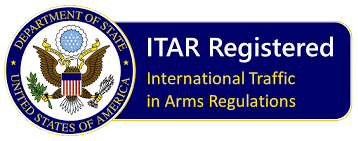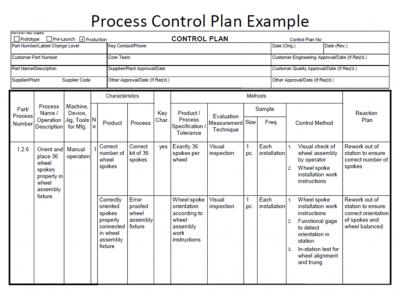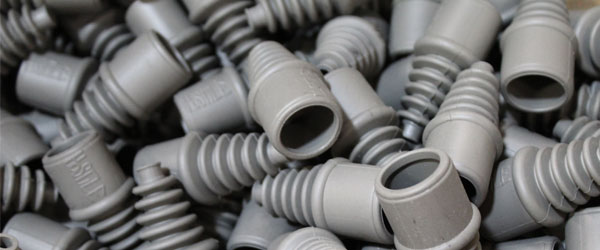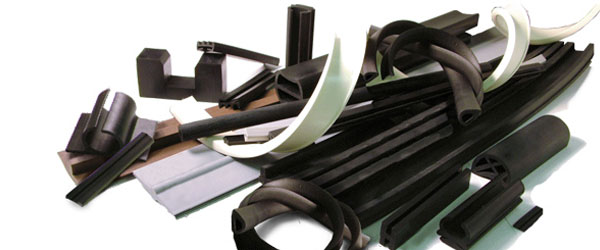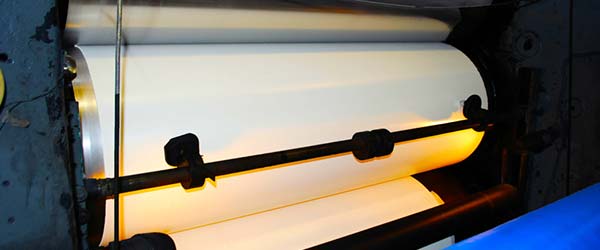A Process Control Plan (PCP) is a systematic and detailed document used in manufacturing and various industries to ensure that production processes are consistent, controlled, and capable of producing products that meet specific quality standards. The primary purpose of a Process Control Plan is to minimize process variation, identify potential issues, and outline corrective actions to maintain product quality and efficiency.
A typical Process Control Plan includes the following key components:
1. Process Steps: A clear and well-defined description of each step in the production process, starting from raw materials to the finished product.
2. Process Parameters: The critical parameters and variables that can affect the quality of the product. These can include temperature, pressure, time, speed, etc.
3. Tolerance Limits: The acceptable range of values for each process parameter. These limits are usually based on the product’s design specifications and quality requirements.
4. Control Methods: The techniques and tools employed to monitor and control the process parameters. This can involve manual inspection, automated sensors, sampling, or any other appropriate methods.
5. Sample Size and Frequency: Specifies how often samples will be taken for inspection and how many items will be sampled in each batch or lot.
6. Process Monitoring: Details on how the process will be continuously monitored to ensure it stays within the specified control limits.
7. Corrective Actions: Procedures to be followed if the process goes out of control or if product quality deviates from the established tolerances. This may include identifying the root cause of the issue and implementing corrective measures to prevent recurrence.
8. Responsibilities: Clearly defines the roles and responsibilities of individuals involved in the process, including operators, supervisors, quality control personnel, and management.
9. Documentation and Records: Specifies the documentation required to record process data, inspection results, corrective actions, and any other relevant information.
10. Control Plan Review: How and when the Process Control Plan will be reviewed and updated to accommodate process improvements or changes.
A Process Control Plan is an essential tool in industries that rely on consistent product quality, such as automotive, aerospace, electronics, and pharmaceuticals. By implementing and adhering to a well-designed Process Control Plan, companies can enhance their process efficiency, reduce defects, and ultimately deliver high-quality products to their customers.
 (909) 987-1774
(909) 987-1774 Email Us
Email Us



